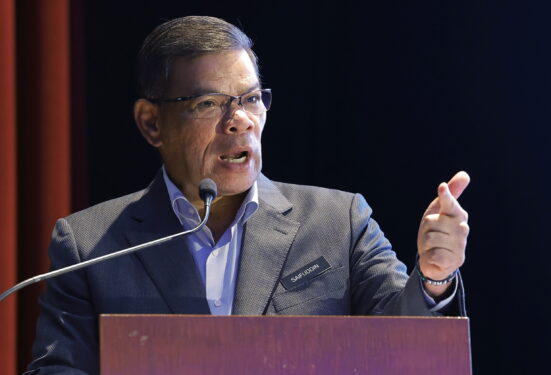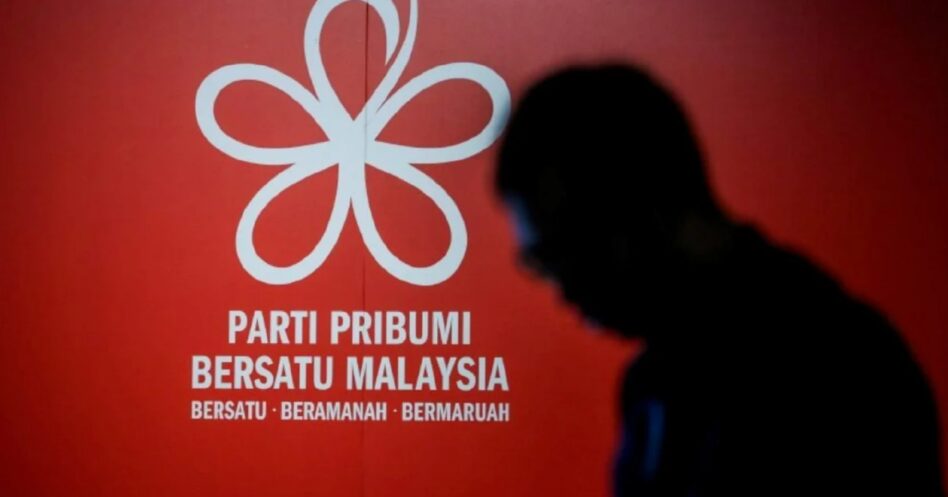WHY is the Barisan Nasional (BN) coalition led by UMNO on a winning streak in the country?
The coalition that was supposed to have been drowned under the weight of corruption, financial scandals and other misdeeds is making serious comeback in national politics.
Is it because Malaysian voters have short memories or is it because there are no alternatives to BN?
The Opposition – the Pakatan Harapan (PH) coalition – that promised reforms and went home on the mammoth 1MDB scandal that implicated a number of top UMNO leaders seems to be in a disarray.
The PH alternative coalition seemed to not be an alternative at all.
In fact, UMNO’s winning streak started with a number of by-elections in the country the minute PH was installed in Putrajaya.
To recap, the recent win in the Melaka and more recently in Johor seem to suggest that all the bad publicity about UMNO or BN’s complicity in corruption and financial misdeeds are not enough to dislodge the coalition from the mainstream of Malaysian politics.
Never mind the poor voter turnout in the Johor state election or the fact that BN won a super majority of 40 out of the total 56 seats which suggest that something is really ailing the Malaysian political system.
If convicted persons and those on the verge of being charged for corruption happen to be some of the top guns in UMNO, why did the voters vote the coalition into power?
In other words, do the voters really believe that the charges against the top UMNO leaders were real or did the voters think that these leaders were brought up on false charges?
Strangely, the political campaigns run by the Opposition against the UMNO leaders about their involvement in corruption seems not have impacted on the party’s subsequent performance.
The 1MDB scandal was an important issue that brought down the BN government in the last general election in 2018.
It was the mother of all scandals in the country.
However, the effects of this scandal on the performance of UMNO were not seen.
The Opposition by focussing overwhelmingly on this issue might have neglected other important concerns of the electorate.
Political victory presupposes victory at the cultural front. However, on this matter of culture – the ideas, thinking, explanations, and beliefs – things might not have been favour of the Opposition.
In other words, it was the inability of the PH to break the cultural barrier of support to the BN/UMNO that militated against them.
The incessant campaign against the 1MDB financial scandal with the involvement of the former prime minister Datuk Seri Najib Razak might have given the PH an edge in the last election.
However, this is not to be so in the subsequent by-elections in the country.
Ironically, the one-time political villain Najib has become a sort of folk hero to the predominantly Malay voters and to some sections within the non-Malays.
In fact, BN’s victory has been credited to the campaign launched by Najib and other UMNO leaders.
In the last general election, PH was in its top performance winning the majority of the seats.
In this by-election, its winning seats have dropped by more than half.
It serves no purpose to blame the low turnout of slightly more than 50% and the gain in popular votes as mitigating factors in the failure to unseat the BN.
The next general election might not be far off considering the pressure UMNO is going to put in calling for it.
PH as an opposition coalition has much thinking to do to ensure that it not only emerges as a credible or formidable opposition but also a coalition that might want to take a crack at federal power.
However, the chains that bind the PH must be examined and broken.
The internal rift must be seriously addressed within the PH coalition even on a simple matter as the use of the coalition’s logo.
PKR use of the party’s logo hardly made any difference in the recent electoral outcome in Johor.
It makes no sense to continue with the memorandum of understanding (MOU) with the present government when the odds are stacked against the Opposition.
How would there be a credible Opposition with a new vision when the MOU is left hanging around its neck like the proverbial Albatross? – March 14, 2022
Prof Ramasamy Palanisamy is the state assemblyperson for Perai. He is also deputy chief minister II of Penang.
The views expressed are solely of the author and do not necessarily reflect those of Focus Malaysia.
Pic credit: Harian Metro










